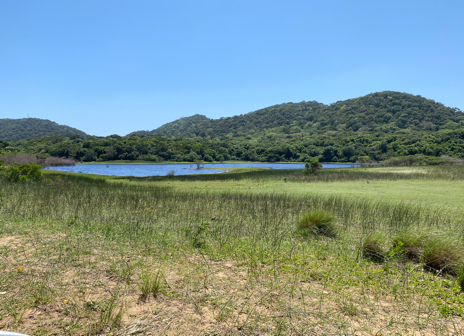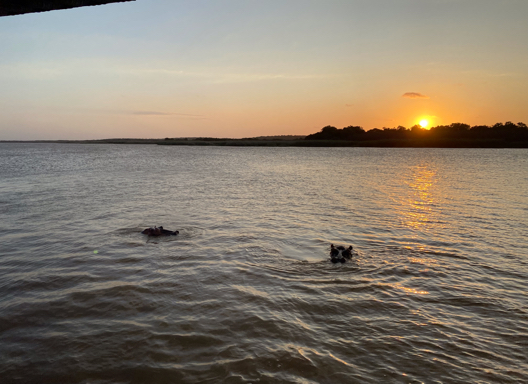Ready to Fly Home

After a few days of heavy rain the latest low has passed through and the sun is shining until the next low, due at the weekend. This gives two or three days for boats to head south or east before 35kt winds return. Flying back to the UK earlier than planned is proving to be a good call. There are two notorious passages for which local weather knowledge is extremely helpful. One is between New Zealand and Fiji or Tonga where we used Bob McDavitt. The other is down the Mozambique Channel and east coast of South Africa where we are using Des Cason. (There may be one or more for Cape Horn for the particularly intrepid). These passages are big events on a circumnavigation and the weather advisors become an integral part of the experience. We were disappointed not to be able to meet up with Bob McDavitt but are hoping to meet Des. He is on grandchild minding duty at the moment so it won’t happen on 1st when we drive down to Durban. Maybe on our return. Until I started this post we seemed to be making exceptional progress with our repairs. In fact everything was complete bar the new wind instrument cable running inside the mast. Against expectation Jacques came this morning and an hour later the old cable had been removed. So far so good but then a further hour later the new cable had jammed solid somewhere near the base of the mast and broke in the effort to remove it. Various plan Bs were discussed but these necessitated a further join in the cable, new through deck gland and running the cable down the main part of the mast in with the halyards. All the mast cables are bunched and tied together at the bottom of the mast and according to Selden and Dan Hills at Malo the mast has to be lifted to replace a cable. A peek inside shows a cable tangle that makes spaghetti junction look like a straight dual carriageway. Clearly a design flaw and I am often amazed at how boat and equipment manufacturers are unaware of or ignore serious problems that with some practical input could be avoided. Solving the problem here at Richards Bay will be costly as a crane would have to be hired for the day but I am told that Jacque’s colleagues in Cape Town can lift the mast and sort all the cables quickly and cheaply. This is a boat and so pigs might fly of course but we’ll see what happens. In the meantime Jacques will rig the anemometer/vane back on the pushpit but using a longer stainless steel pole to replace the wooden one rigged by me. Everything else is sorted. On Thursday we drop the genoa off for repair and a new sun strip and while we are in the UK the engine oil and filters will be changed, the new engine control panel fitted and the bottom cleaned by a diver who is proving popular as an alternative to hauling out. Some boats that did manage to get away ahead of us are not having a smooth passage. One catamaran lost a rudder and has had to put into Durban for repair - jeopardising their intended flight home from Cape Town. Another catamaran had a split mainsail and water in one engine after an abrupt change and increase of wind with steep breaking waves. It is in East London for an engine rebuild and sail repair. One yacht turned back for 30 miles to go into Port Elizabeth after a severe weather warning. In between repair work we have made a trip to the wetland game reserve at St Lucia. This included a boat trip with a guide that got us close to hippo. We discovered that the hippopotamus is nocturnal, sleeping whilst in the water during the day and coming out onto the land to feed at night. Also that it can’t swim but instead walks along the the bottom. One or two will wander into town at night to feed on the grass and will tolerate people excitedly ogling them as long as they don’t get too close. One inebriated lady tourist recently approached a mother hippo and its calf with a view to stroking the little one under its chin and lost a leg for her troubles.       |